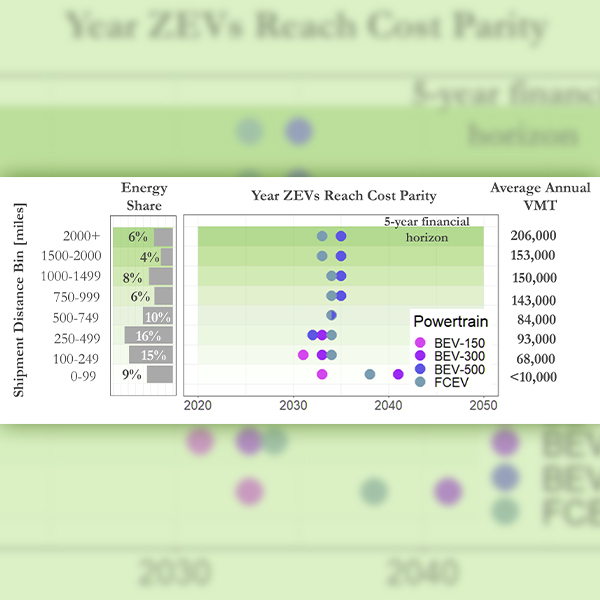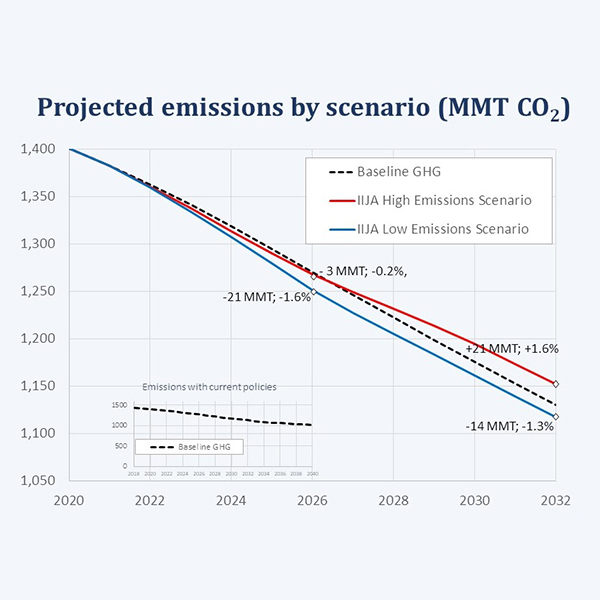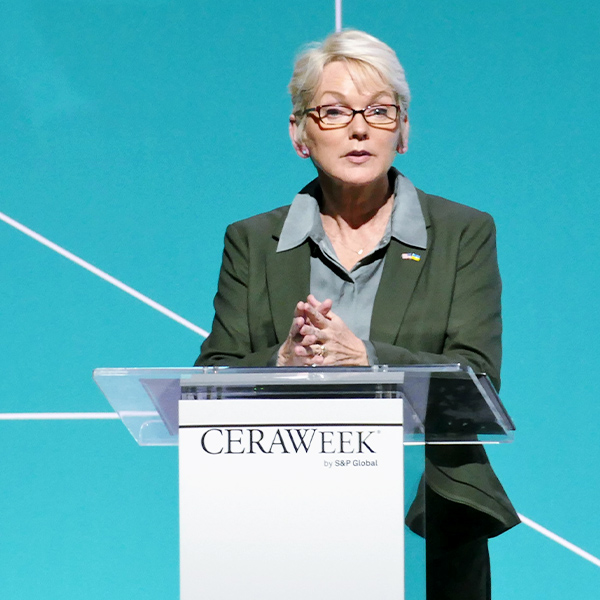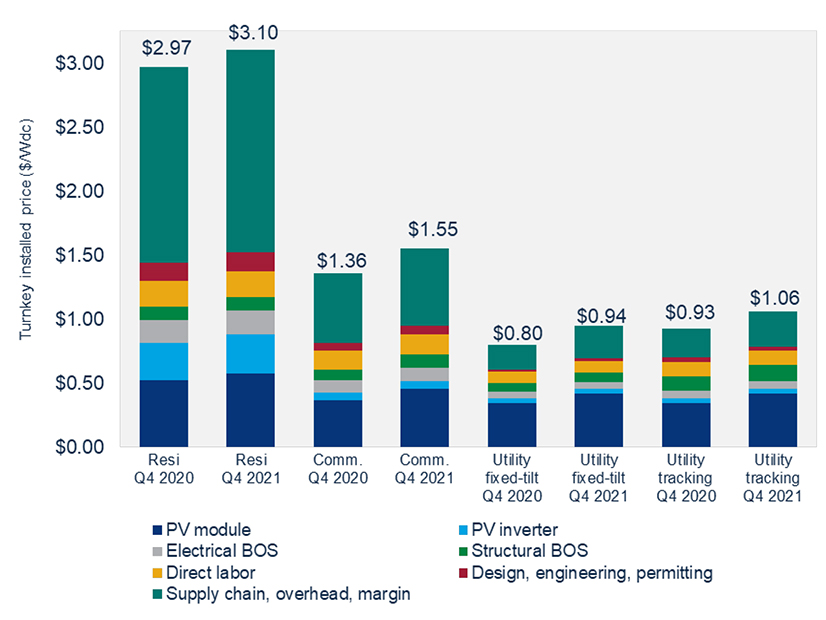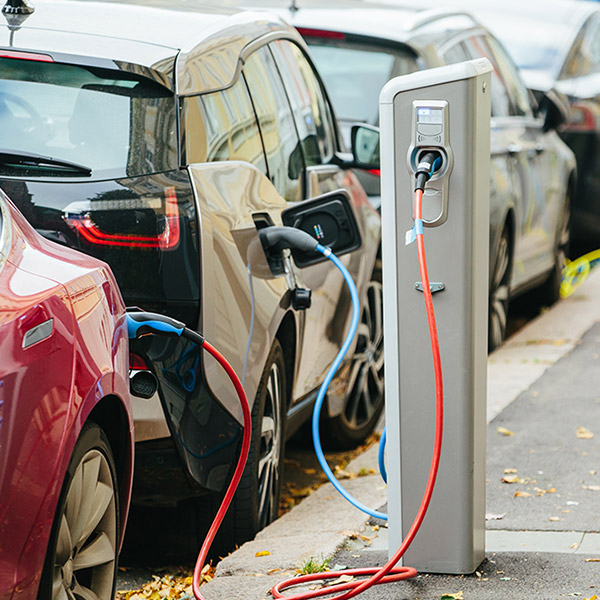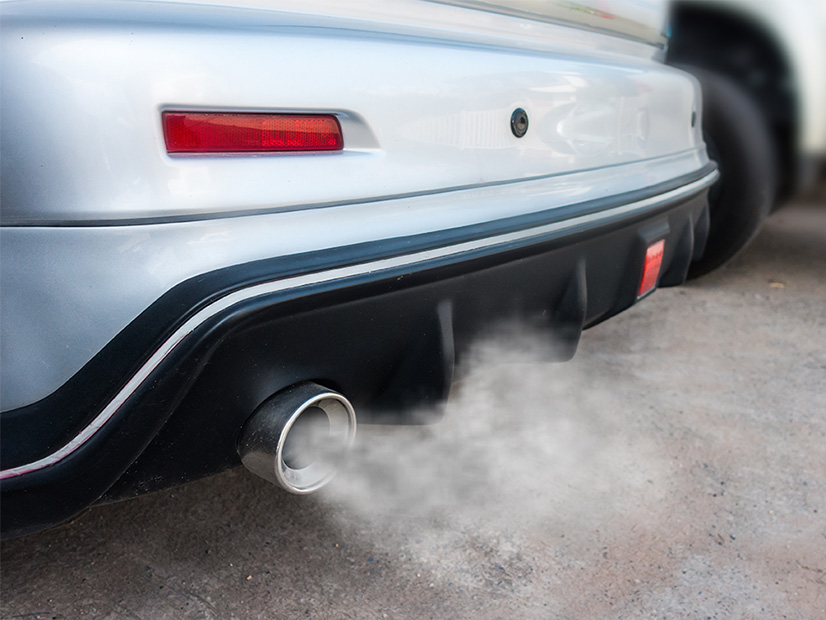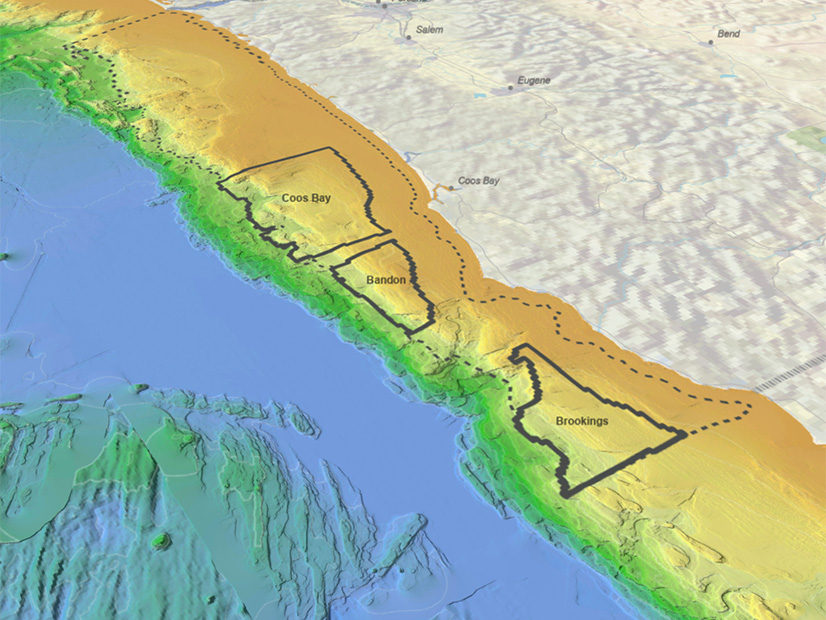Federal Policy
CongressDepartment of EnergyLoan Programs Office (LPO)Department of TransportationEnvironmental Protection AgencyFederal Energy Regulatory CommissionGeneral Services Administration (GSA)Interior DepartmentBureau of Land ManagementBureau of Ocean Energy ManagementNuclear Regulatory CommissionTreasury DepartmentWhite House
By 2035, zero-emission medium- and heavy-duty vehicles should be no more expensive than those that run on diesel, according to a new study from NREL.
The bipartisan infrastructure bill touted to address climate change could cause increased GHG emissions because of state discretion over highway spending.
Most speakers at CERAWeek addressed Russian’s invasion of Ukraine and the alarming upheaval in energy, commodity and financial markets it has created.
Supply delays and rising prices will cut U.S. solar growth this year but petroleum price shocks from Russia’s invasion of Ukraine will help the sector recover.
The battle over federal rules controlling power plant emissions is heating up again as EPA prepares to issue revised regulations by the end of the year.
The New Jersey DEP rolls out the second round of the state's It Pay$ to Plug In program, with $4 million to put more chargers across the state.
EPA reinstated the authority of California and 16 other states to enact more stringent vehicle emissions standards than the federal government.
A hearing on EVs turned into a battleground as Democrats and Republicans debated sharply different strategies for responding to the Russian invasion of Ukraine.
More than 90 companies, governments, universities and other organizations pledged to cut their GHG emissions 50% by 2030 in DOE's Better Climate Challenge.
New wind areas off the Oregon coast could lead to regional transmission planning with California, panelists told the EBA's Western Chapter.
Want more? Advanced Search
